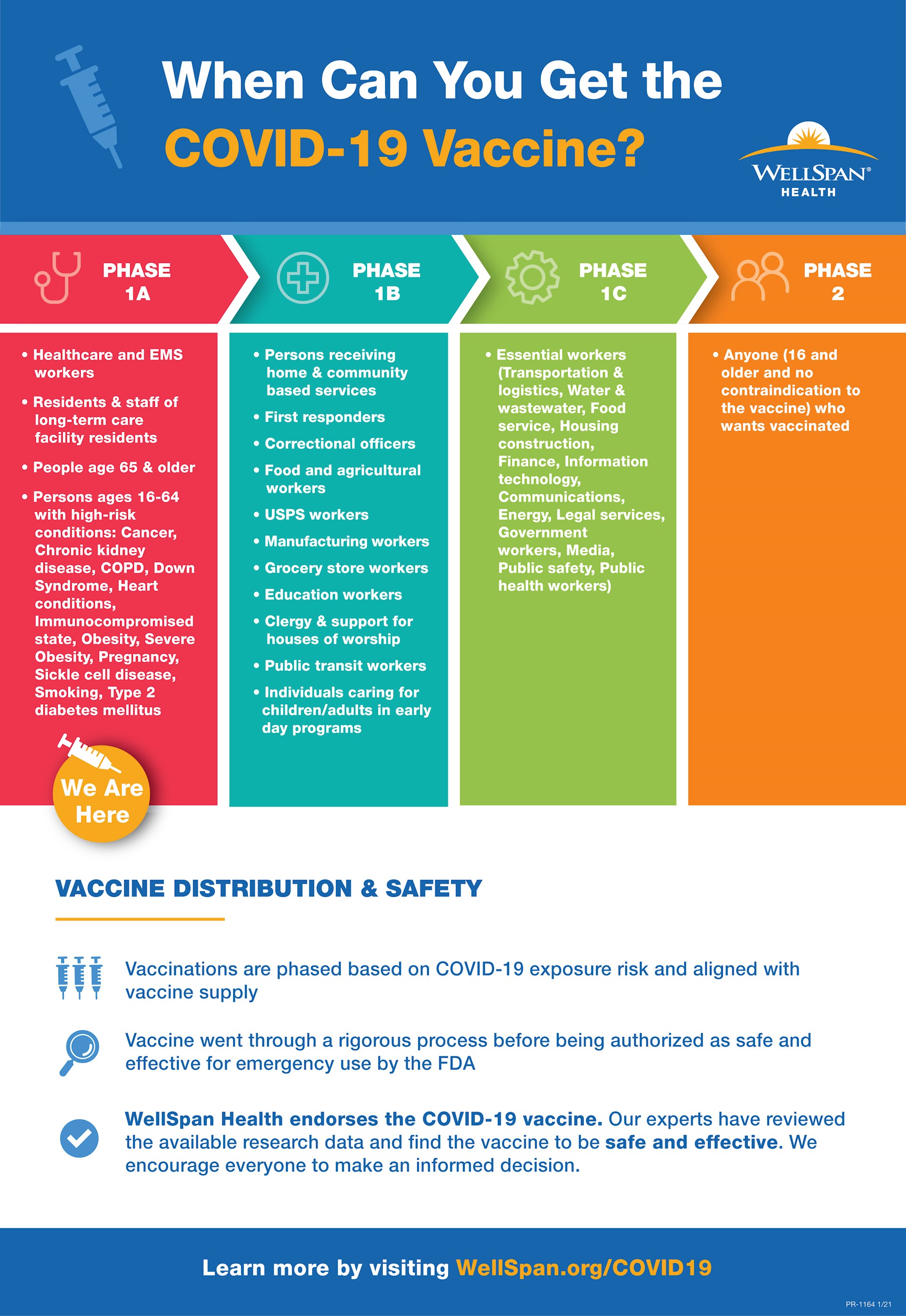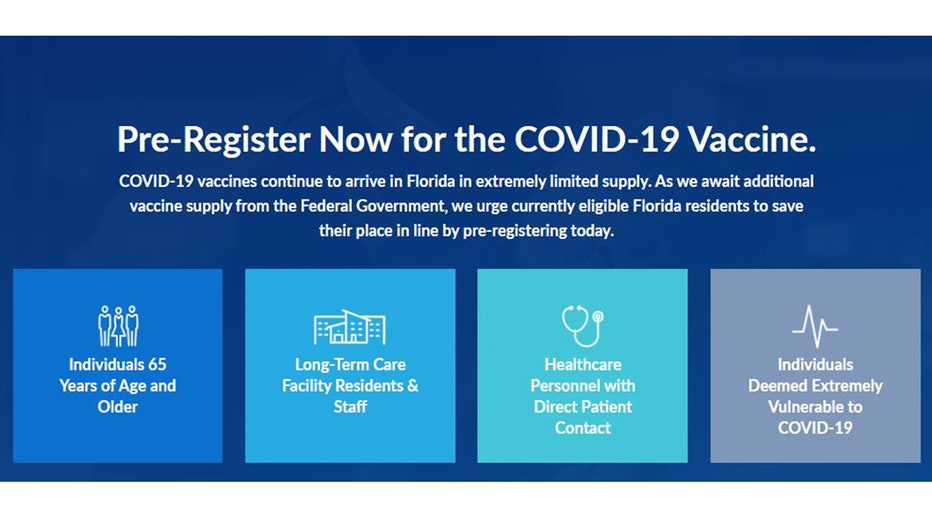Not only does it prevent genital warts it also prevents cancer. University of Queensland researcher and 2006 Australian of the year Professor Ian Frazer first started developing a vaccine for HPV in the 1990s.
 History Of Hpv Vaccine Studies And Implementation In India Hpv Human Download Scientific Diagram
History Of Hpv Vaccine Studies And Implementation In India Hpv Human Download Scientific Diagram
HPV vaccines are vaccines that protect against infection with human papillomaviruses HPV.

Hpv vaccine history. Since 2013 the age of coverage was extended to girls in school from grade four who have reached the age of 9 to grade eleven independent of age. Research has shown that receiving the vaccine at a young age isnt linked to an earlier start of sexual activity. Its ideal for girls and boys to receive the vaccine before they have sexual contact and are exposed to HPV.
HPV is a group of more than 200 related viruses of which more than 40 are spread through direct sexual contact. Talk with your health care. The HPV vaccine was initially offered to girls aged 9 and older and attending the fourth grade of school.
The FDA approved another vaccine Cervarix HPV2 from GlaxoSmithKline which protects against two high-risk types of HPV in 2009. HPV the human papillomavirus is the cause of virtually all cervical cancers so this is a truly remarkable feat. Food and Drug Administration approved Gardasil HPV4 a Merck vaccine for four types of HPV in 2006.
These lesions depending on the site affected increase the. Data are not yet available on the safety and efficacy of HPV vaccines in Africa nor in populations with high HIV prevalence. Genital warts condyloma acuminata caused by HPV types 6 and 11.
The first vaccine against human papillomavirus or HPV which causes cervical cancer came out five years ago. In 2018 the license was expanded to include people up to 45 years of age. 2 HPV vaccine HPV vaccine is routinely recommended for adolescents at 11 or 12 years of age to ensure they are protected before they are exposed to the virus.
Some mouth and throat head and neck cancers. Another vaccine that is making history is the HPV vaccine. Many HPV infections cause no symptoms and 90 resolve spontaneously within two years.
Protection lasts for at least 5 years. The first shingles vaccine Zostavax was licensed in 2006. Some cancers of the anal and genital areas.
Ten years ago the UK introduced the human papilloma virus HPV vaccination into the national routine programme which is offered to adolescent girls. Gardasil human papillomavirus vaccine is a recombinant vaccine indicated in girls and women 9 through 26 years of age for the prevention of. Precancerous or dysplastic lesions caused.
But now it has become a hot political topic thanks to a Republican presidential. It also helps protect against genital warts. Not only does it prevent genital warts it also prevents cancer.
21 In addition pooled analyses of women who became pregnant during clinical trials of 2vHPV and 4vHPV vaccines showed that overall there were no differences in. The way it does this is by preventing an HPV infection that causes changes at the cellular level in different kinds of tissues that the Human Papillomavirus. And no schooling from age 917 years 11 months and 29 days old.
The HPV vaccine helps protect against cancers caused by HPV including. HPV vaccines are very effective at preventing infection and disease related to the vaccine-specific genotypes in women with no evidence of past or current HPV infection. The HPV vaccine became available in 2006.
However in some cases an HPV infection persists and results in either warts or precancerous lesions. The HPV vaccine is routinely recommended for girls and boys ages 11 or 12 although it can be given as early as age 9. A second shingles vaccine Shingrix licensed in 2017 produces a more robust immune response than Zostavax did.
Girls and boys aged 12 to 13 years are offered the human papillomavirus HPV vaccine as part of the NHS vaccination programme. Human papillomavirus HPV vaccine for girls aged between 12 and 13 in Year 7 of secondary school with a 2-year catch-up period to the end of June 2009 for girls aged 1418 years 2007 July HPV vaccine introduced for young women aged between 18 and 26 for a 2-year period to the end of June 2009 2007. A nine-valent vaccine HPV9 Gardasil 9 was approved in 2014.
HPV vaccine may be given beginning at age 9 years and as late as age 45 years. Human papillomavirus infection HPV infection is an infection caused by human papillomavirus HPV a DNA virus from the Papillomaviridae family. Among these two HPV types cause genital warts and about a dozen HPV types can cause certain types of cancer cervical anal oropharyngeal.
Most people older than 26 years will not benefit from HPV vaccination. The overall proportions of pregnancies that resulted in an adverse outcome spontaneous abortion late fetal death infant with congenital anomalies were similar among 9vHPV vaccine recipients and placebo or control vaccine recipients. Cervical vulvar vaginal and anal cancers caused by human papillomavirus HPV types 16 and 18.




